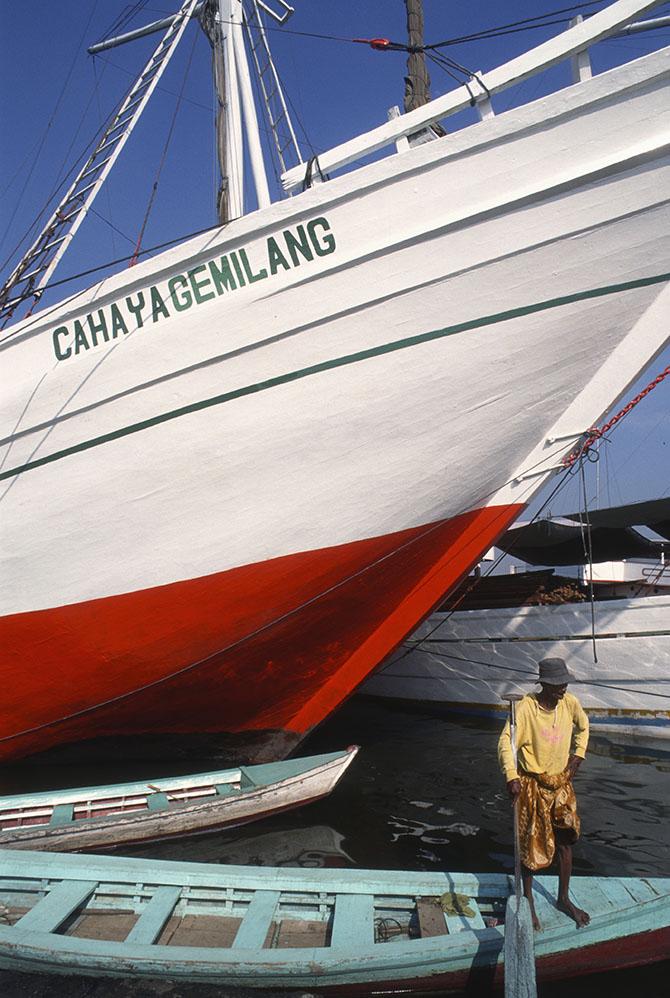
It is often said that foreign policy is a reflection of domestic policy. In reality, foreign policy is also very much influenced by the evolving regional and international situation. That is my first premise in discussing Indonesian foreign policy as it is likely to be in the next few years. It would be difficult to clearly define Indonesia’s foreign policy for the next 25 years, however, for a variety of reasons.
This is partly due to the possible changes and developments within Indonesia’s domestic political life; partly due to developments in the regional constellation; partly due to the constantly changing and fluid situation in international affairs; and partly due to the personalities of those who are responsible for implementing foreign policy. It is possible, however, to sketch a general vision of Indonesian foreign policy for the next few years.
My premise is that the basis and principles of Indonesian foreign policy in the years ahead will remain unchanged. Pancasila will continue to provide its ideological basis and principles. The 1945 Constitution, although it has been amended four times, will continue to be its constitutional and legal framework. The concept of strengthening national and regional resilience, including the centrality of the Association of Southeast Asian Nations (Asean) in regional politics, will also continue to be the basic motivation of foreign policy. Wawasan Nusantara, or the outlook of national unity, whether in political, economic, defense, legal or territorial terms, will continue to be implemented and will be the guiding principle in developing “maritime orientation.” Finally, Indonesia’s “active and independent” foreign policy, which has been a major strength since the early days of its independence, and which later manifested itself in the policy of nonalignment, will continue to be relevant, albeit with a different emphasis and more focus on economic development rather than political rhetoric, and on the need for cooperation rather than confrontation.
In short, Indonesia will continue to pursue a foreign policy that is designed to protect national interests; is based on cooperation rather than confrontation; emphasizes economic development rather than political adventurism; stands for the regional and global reduction of tension and disarmament rather than military alliances and arms races; and focuses more attention on ocean and maritime policy.
How to translate these bases and principles into actual policies in a changing and interconnected national, regional and international context will be one of the major challenges for Indonesian foreign policy in the future, namely to develop and actualize the so-called balanced or dynamic equilibrium in a desired world of “one million friends and zero enemies.”







 resized.png)
